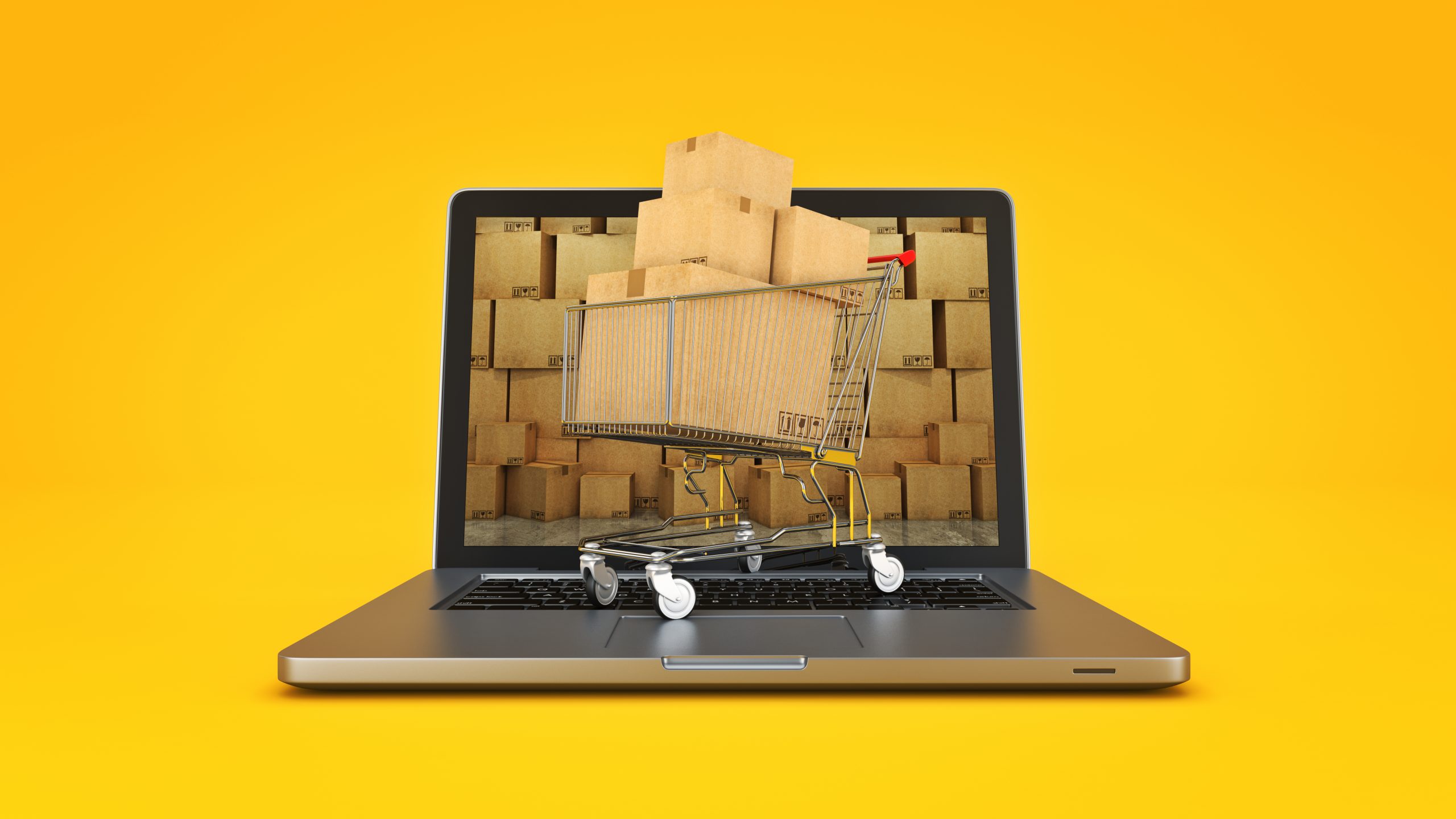In the fast-paced world of e-commerce, choosing between Fulfilled by Amazon (FBA) and Fulfilled by Merchant (FBM) can significantly impact the success of your online business. Each fulfillment strategy comes with its own set of advantages and considerations, making it crucial to understand the nuances and implement the right approach for your specific needs.
Understanding FBA: Streamlining with Amazon’s Fulfillment Network
In this model, sellers send their products to Amazon’s fulfillment centers. Amazon takes care of storage, packing, shipping, and customer service. When a customer places an order, Amazon handles the entire fulfillment process.
FBA is a fulfillment option where Amazon takes care of the entire process, from warehousing your products to picking, packing, and shipping them to customers. This hands-off approach can be a game-changer for many sellers.
1. Prime Eligibility: Access to Amazon’s Prime Customer Base
One of the most significant benefits of FBA is the access it provides to Amazon Prime customers. With Prime’s fast and free shipping options, your products become more attractive to millions of loyal Amazon shoppers. This can lead to increased visibility, higher conversion rates, and ultimately, greater sales volume.
2. Effortless Logistics: Outsourcing Storage and Shipping
With FBA, you don’t have to worry about managing inventory, packing orders, or dealing with shipping logistics. Amazon handles all these aspects, allowing you to focus on growing your business, sourcing quality products, and optimizing your listings.
Exploring FBM: Taking Control of Your Fulfillment Process
With FBM, sellers handle the entire fulfillment process themselves. This includes storing products, packing orders, and shipping them directly to customers. Sellers using FBM have more control over the fulfillment process but are responsible for managing their inventory and logistics.
On the flip side, FBM gives you more control over the fulfillment process, from storage to shipping. While it requires a more hands-on approach, FBM comes with its own set of strategies to maximize success:
1. Cost Control: Minimizing Fulfillment Expenses
For some businesses, FBM can be a cost-effective solution. By managing your own inventory and shipping, you can potentially reduce fulfillment costs, especially if your products are large, heavy, or have unique storage requirements.
2. Brand Consistency: Directly Interacting with Customers
FBM allows you to maintain a direct relationship with your customers. You can include personalized touches in your packaging, offer special promotions, and handle customer inquiries directly. This direct interaction contributes to building a strong brand identity and customer loyalty.
3. Flexibility: Adapting to Unique Business Models
FBM is ideal for businesses with specific fulfillment needs or unique product characteristics. If you have specialized packaging requirements or want to bundle products in a specific way, FBM provides the flexibility to implement these strategies seamlessly.
Choosing the Right Path: Tailoring Your Approach to Success
Ultimately, whether you opt for FBA or FBM depends on your business goals, product characteristics, and operational preferences. Some businesses find success with a hybrid model, combining elements of both FBA and FBM to create a customized fulfillment strategy.
Mastering the marketplace with FBA or FBM involves understanding your target audience, optimizing your product listings, and continuously refining your approach based on performance metrics. By staying informed and adapting to the ever-evolving e-commerce landscape, you can position your business for sustained growth and success.
With Transnova Logistics as your trusted partner, you can unlock the full benefits of FBM while navigating the complexities of modern logistics with confidence. Join us on this journey towards e-commerce excellence with Amazon FBM and Transnova Logistics by your side.
